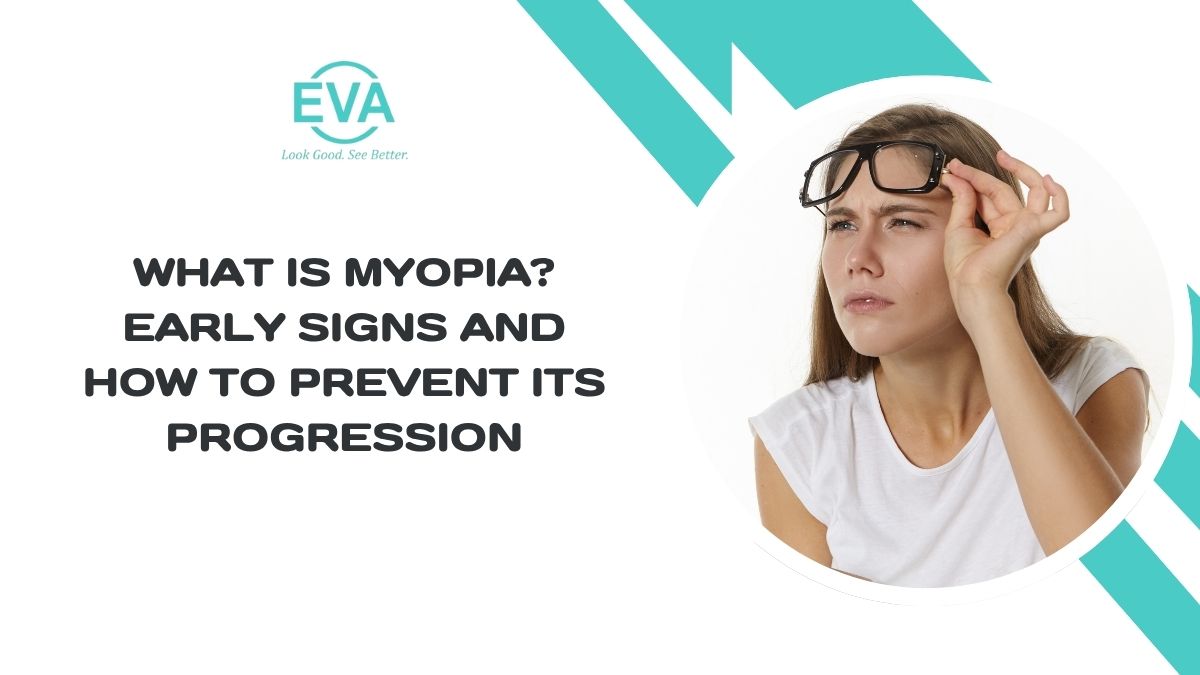What Is Myopia? Early Signs and How to Prevent Its Progression

Understanding Myopia: A Growing Vision Concern
Myopia, commonly known as nearsightedness, is one of the most widespread eye conditions affecting both children and adults. People with myopia can see nearby objects clearly, but distant objects appear blurry. In recent years, eye specialist doctors in Delhi have noticed a sharp increase in myopia cases, especially among school-age children and professionals who spend long hours on digital screens.
Myopia isn’t just a minor inconvenience—it’s a progressive condition that can impact long-term eye health if left untreated. Understanding its early signs and taking preventive measures can make a world of difference in maintaining healthy vision.
What Causes Myopia?
Myopia occurs when the eyeball grows slightly longer than normal or when the cornea (the clear front part of the eye) is too curved. As a result, light entering the eye focuses in front of the retina instead of directly on it, causing distant objects to appear blurry.
Some of the common factors that contribute to myopia include:
- Genetics: If one or both parents are myopic, the risk of developing the condition increases.
- Lifestyle habits: Spending long hours reading, studying, or using digital devices without breaks can strain the eyes.
- Lack of outdoor time: Children who spend less time outdoors tend to develop myopia earlier.
Consulting an eye specialist doctor in Delhi can help identify these risks early and provide a customized eye care plan.
Early Signs of Myopia You Shouldn’t Ignore
Recognizing the early signs of myopia is crucial, especially in children. Early intervention can slow down its progression and prevent further vision complications. Look out for these symptoms:
- Blurry distance vision: Difficulty seeing the board at school or road signs clearly.
- Eye strain and headaches: Caused by squinting or straining to see distant objects.
- Frequent squinting: Trying to focus better by narrowing the eyes.
- Holding screens or books too close: Indicates difficulty focusing on distant text.
- Poor academic performance: Blurred vision can impact reading and concentration.
If you notice these signs, it’s time to visit an eye clinic for a comprehensive eye examination.
How Myopia Progresses Over Time
Myopia often develops during childhood and can worsen as the eyes continue to grow. In some cases, it stabilizes in adulthood, but in others, it can progress and lead to high myopia—a severe form that increases the risk of eye complications like retinal detachment, cataracts, and glaucoma.
The best eye surgeon in Delhi can diagnose the degree of myopia through a detailed refraction test and recommend appropriate treatment options such as prescription glasses, contact lenses, or laser vision correction procedures.
How to Prevent Myopia Progression
While myopia can’t always be completely prevented, certain lifestyle changes and treatments can slow its progression. Here are some proven ways recommended by leading eye specialist doctors in Delhi:
- Limit screen time: Follow the 20-20-20 rule—every 20 minutes, look at something 20 feet away for 20 seconds.
- Increase outdoor activities: Spending at least 1–2 hours outdoors daily helps reduce myopia risk.
- Proper lighting: Ensure good lighting while reading or studying to avoid unnecessary eye strain.
- Regular eye check-ups: Visit an eye hospital in South Delhi every 6–12 months to monitor vision changes.
- Orthokeratology lenses: These special lenses reshape the cornea overnight and can slow myopia progression in children.
- Healthy diet: Include foods rich in vitamin A, omega-3 fatty acids, and lutein to support eye health.
When to Seek Professional Help
If you or your child experiences persistent blurry vision, eye fatigue, or headaches, don’t ignore the symptoms. Early diagnosis by an eye specialist in South Delhi can prevent worsening vision and reduce the need for stronger corrective lenses in the future.
Leading eye hospitals in South Delhi offer advanced diagnostic tools, personalized eye care programs, and modern treatments like LASIK and ReLEx SMILE for long-term vision correction. Consulting an experienced eye specialist doctor in Delhi ensures you receive expert care tailored to your needs.
Conclusion
Myopia may be common, but it doesn’t have to control your life. With early detection, expert consultation, and mindful habits, you can protect your eyesight and maintain clear vision for years to come. Regular visits to a trusted eye clinic in South Delhi and guidance from an experienced eye specialist doctor in Delhi can go a long way in preventing myopia from progressing.
Your eyes deserve the best care—take the first step today by scheduling a routine eye check-up

